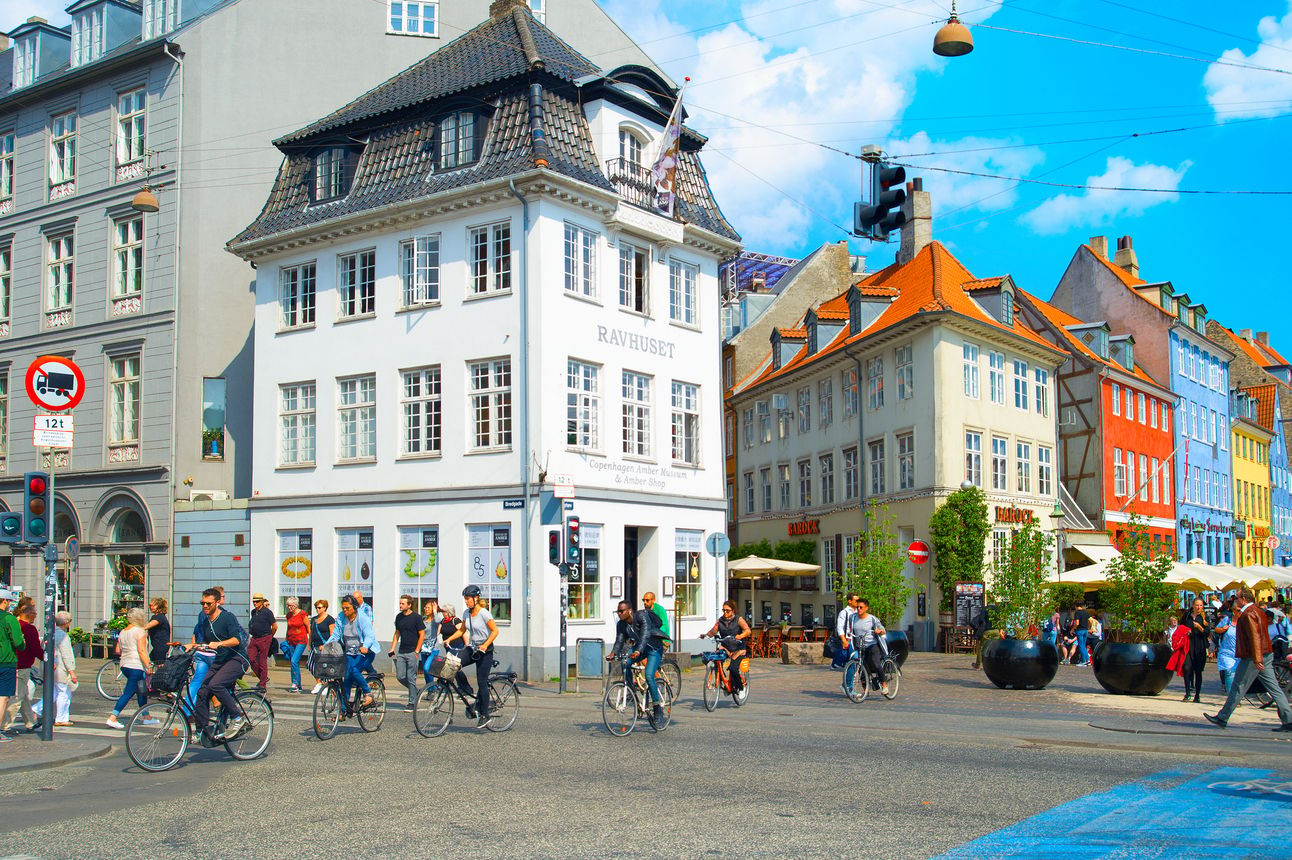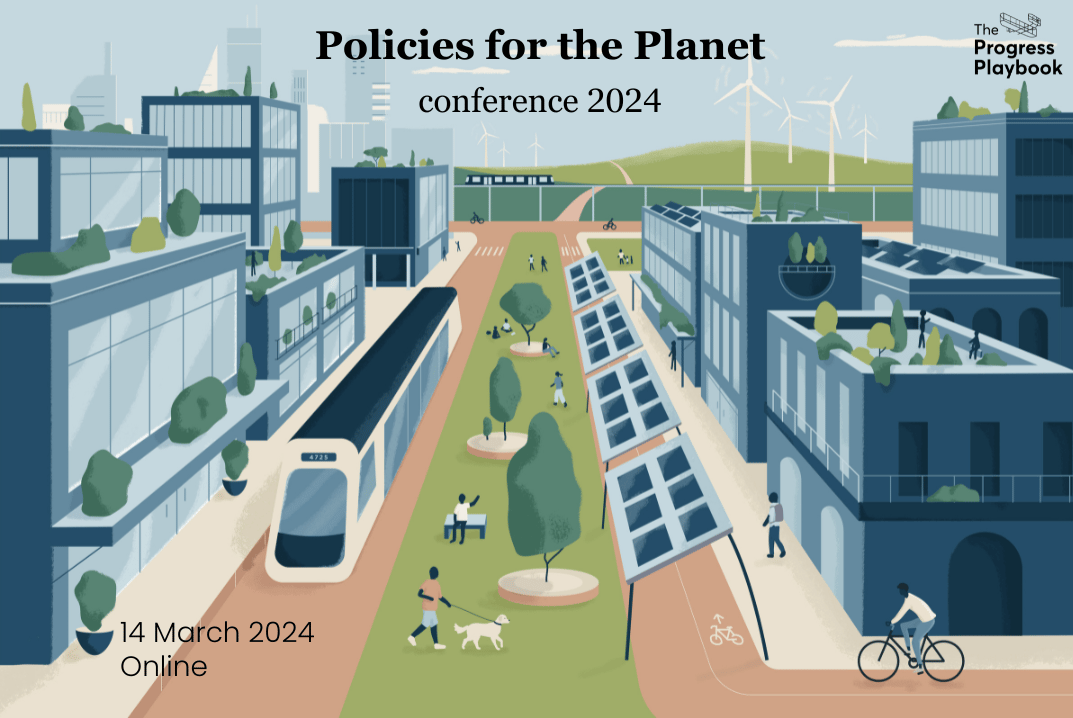- The Progress Playbook
- Posts
- Newsletter (copy 16)
Newsletter (copy 16)
Lessons from Copenhagen's cycling revolution

Good morning,
Some good news to get things started:
China's wind & solar capacity will overtake coal in 2024, according to the country’s electricity council.
Economic expansion is no longer tethered to emissions in most markets, according to an analysis by the International Energy Agency.
Know anyone else who’d be interested in signing up to this free newsletter? They can do so here.

Once inundated with cars, Copenhagen is now the world’s most bicycle-friendly capital city.
And its transformation is one that the whole world can learn from, says Morten Kabell, Copenhagen’s former mayor for technical and environmental affairs.
The shift back to cycling was partly due to a deterioration in the city’s finances in the 80s and 90s.
“The city was close to bankruptcy in 1993, but it still wanted to promote development, so it had to go with cheapest option available, which was cycling infrastructure,” Kabell tells The Progress Playbook.
- Read the full story here.

This free-to-attend online conference, a collaboration with the Cambridge Institute for Sustainability Leadership’s (CISL’s) South African arm, will look at the policies and projects that are leading the way to a better, more sustainable world.
We have a great line-up of speakers, including Ramón Méndez Galain, architect of Uruguay’s transition to circa 100% renewable electricity.
- Find out more and register here.
A note from The Progress Playbook…

We can help you reach new audiences and tell your brand’s story in a smart and concise way. Get in touch to find out more.

Thanks in part to a range of incentives, one in three homes in Australia now has its own solar photovoltaic (PV) system.
In numbers: The country has 22.4GW of solar generating capacity on the roofs of its homes and businesses, with 3.1GW added in 2023 alone. And the energy market operator sees capacity tripling to 60GW by 2040.
South Australia, home to Adelaide, is leading the charge, with solar systems on one in two homes. At times, this aggregated resource meets all of the state’s electricity needs.
- Read the full story here.

Heading into Paris in the comfort of a big car appears set to become an expensive endeavour after voters approved a referendum on Sunday, with on-street parking fees that will rise above €100 ($108) for just a few hours of shopping or errands.
Nearly 55% of those who voted approved a proposal to raise the base price to €18 an hour in the city centre, triple the cost for smaller vehicles.
The context: Paris Mayor Anne Hidalgo has made the French capital a leader in urban climate-protection and anti-pollution health measures. Aside from significantly curtailing space taken up by cars — often frustrating drivers — she’s set out to make Paris a “15-minute city” where people can reach most daily necessities by foot or bicycle in that time.
- Read the full story here.

Brazil’s national energy efficiency programme shows how efforts to reduce electricity demand can be a financial win for low-income households.
Under the programme, utilities must dedicate a portion of their revenues to improving end-use energy efficiency — largely by helping businesses and consumers to switch to less power-hungry appliances.
Roughly half of the investments made to date have been focused on low-income households, says the International Energy Agency.
Participating households generally reduce their energy consumption by 30kWh, or 15%, per month. That lowers their electricity bills and overall monthly expenditure.
- Read the full story here.
Other articles you might find interesting:
Have any tips, ideas or feedback for us?
Please contact [email protected].
Follow The Progress Playbook on social media:




Copyright (C) 2023, The Progress Playbook. All rights reserved.Was this email forwarded to you? Sign up here to subscribe yourself.Want to change how you receive these emails?You can unsubscribe
Reply